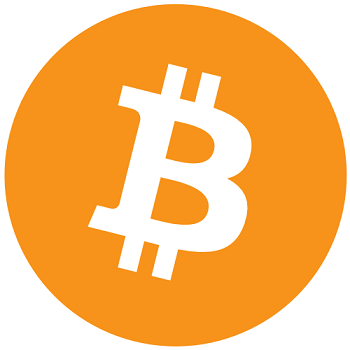The r0ach report vol 7: Bitcoin is not an actual store of value because there is no real price floor or inelastic demand
Yes, I'm aware many people will hate this post, but I wanted to post my thesis on why this is the case. In order to elaborate on the subject, I will contrast some of the price mechanic differences between Bitcoin and metals.
To begin, let's get right down to it: Bitcoin's value is based entirely on transaction flow and artificial scarcity of block size. For gold or silver there's an actual cost of production price floor. Oil makes up a large part of that floor, but even if you invent free energy, you're still constrained by the fact that you're in a closed ecosystem with limited supply and most of what can be mined has already happened anyway, and most things on the periodic table have some type of inelastic demand in the first place.
Bitcoin is completely different. This is what most people overlook and why it does not function as a store of value. Let's say it's a few years in the future when the overwhelming majority of coins has been mined and reward is mostly fees. Even if it costs $100,000 to mine one bitcoin at some point in time, that price can just as easily adjust downwards to $1000 to mine a coin. In gold and silver that cost of production generally only goes up. Like I said, even if you have free energy, people would not start selling the newly mined gold and silver for free for the same reason people don't cut down every tree on earth simultaneously.
Then there's the artificial block size scarcity aspect. If all 21 million coins have been mined but you have an infinite block size, there is no way to establish a fee market without ending up with a centralized OPEC cartel extorting people, which is what happens with mining centralization anyway. If you have no fee market, you don't even have a price floor with a static transaction flow variable in place. So you then need a block size police force run as a centralized technocracy to prevent anyone from changing it. No offense to Maxwell, but that is your current position.
Then if we overlook all these issues, you arrive at your next problem. Let's say you reach a point where you believe both the market cap of gold or silver has topped out and so has Bitcoin, and no other monetary instruments exist. At that point in time people would dump literally 100% of Bitcoin for metals instead since Bitcoin's risk characteristics will always be higher. Or, it's possible people would utilize metals as a savings account and then keep a fraction of their wealth in Bitcoin as a checking account for convenience.
Metals, or some other type of physical commodity like oil or uranium, will always make up the base of Exter's pyramid and it's 100% impossible for Bitcoin to defeat them. You would be living in a dystopian, illogical market if Bitcoin somehow did win. Since money is generally a representation of a credit that can be exchanged for work to create a good or service, it would be most logical for the base of Exter's pyramid to be a commodity in metastable state that can easily be converted into energy to do work. Since it's very difficult for people to store and trade with things like uranium or oil, this creates a large counter party risk and usually a fungible, scarce form of commodity currency (metals) is used in it's place since matter is energy after all, giving you the next best thing.

What does this mean?
It was kind of a reference to the fact that people tend not to run tragedy of the commons to max throttle where it causes everyone to instantly die and it's more of a long drawn out process of waste.
I wrote recently about how energy based resources could be another tradable commodity or a backing for currency. But for the record, I still like gold, silver or even wheat for the reason you mentioned. It still must be mined or grown, which also cost energy and it is often easier to 'store and trade'.